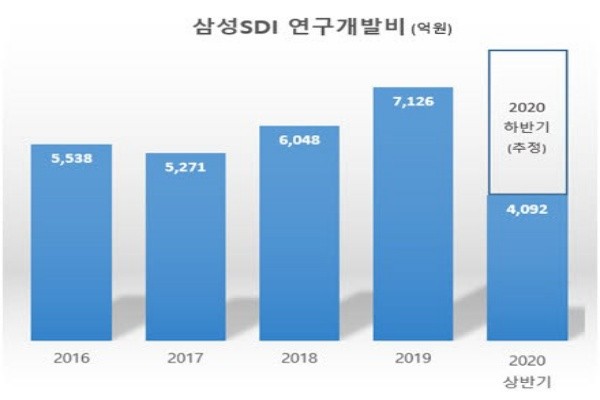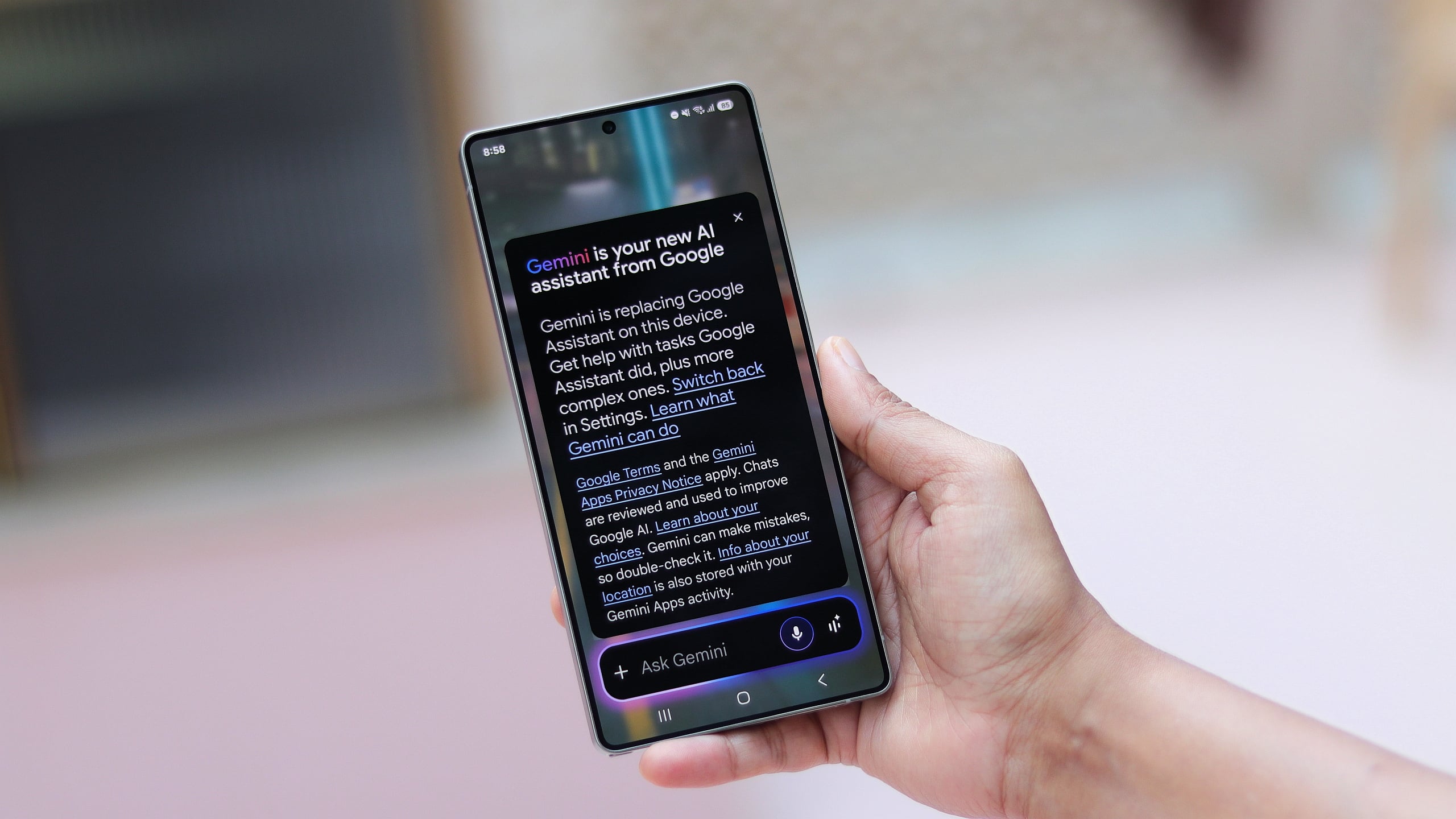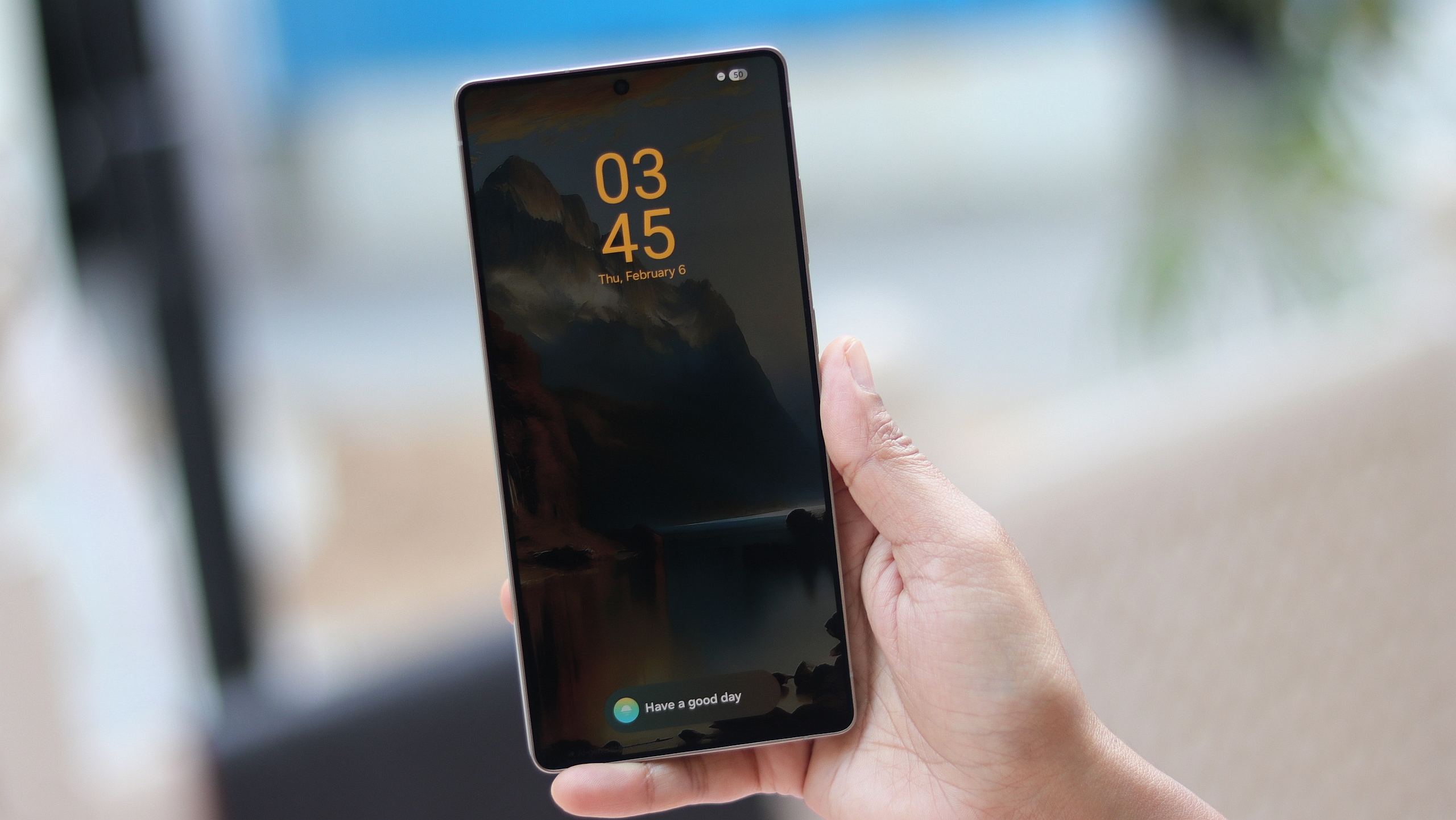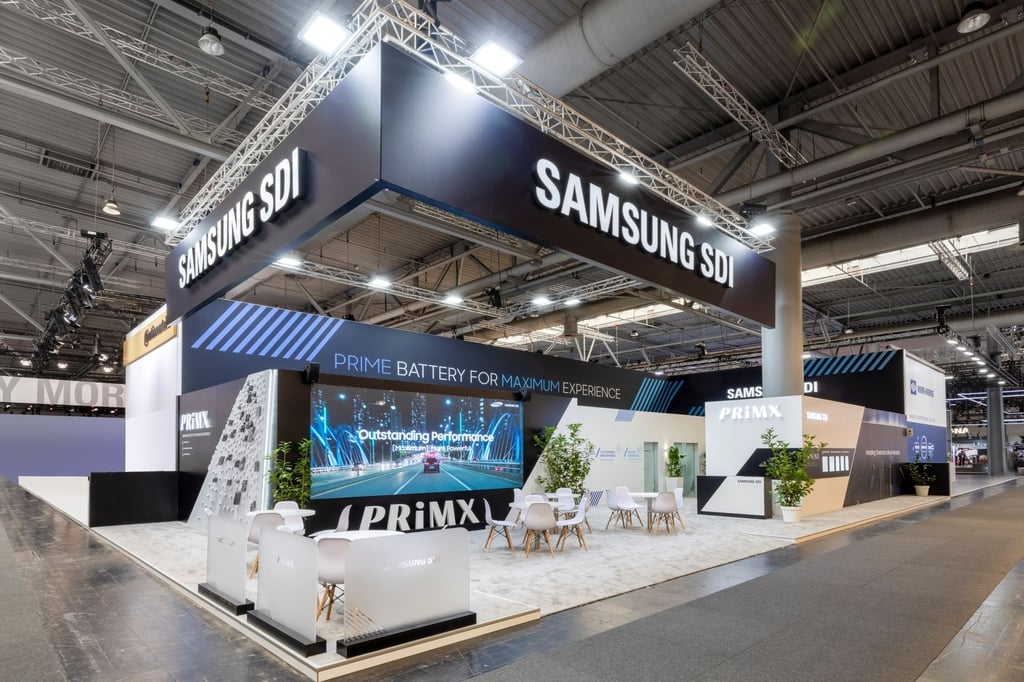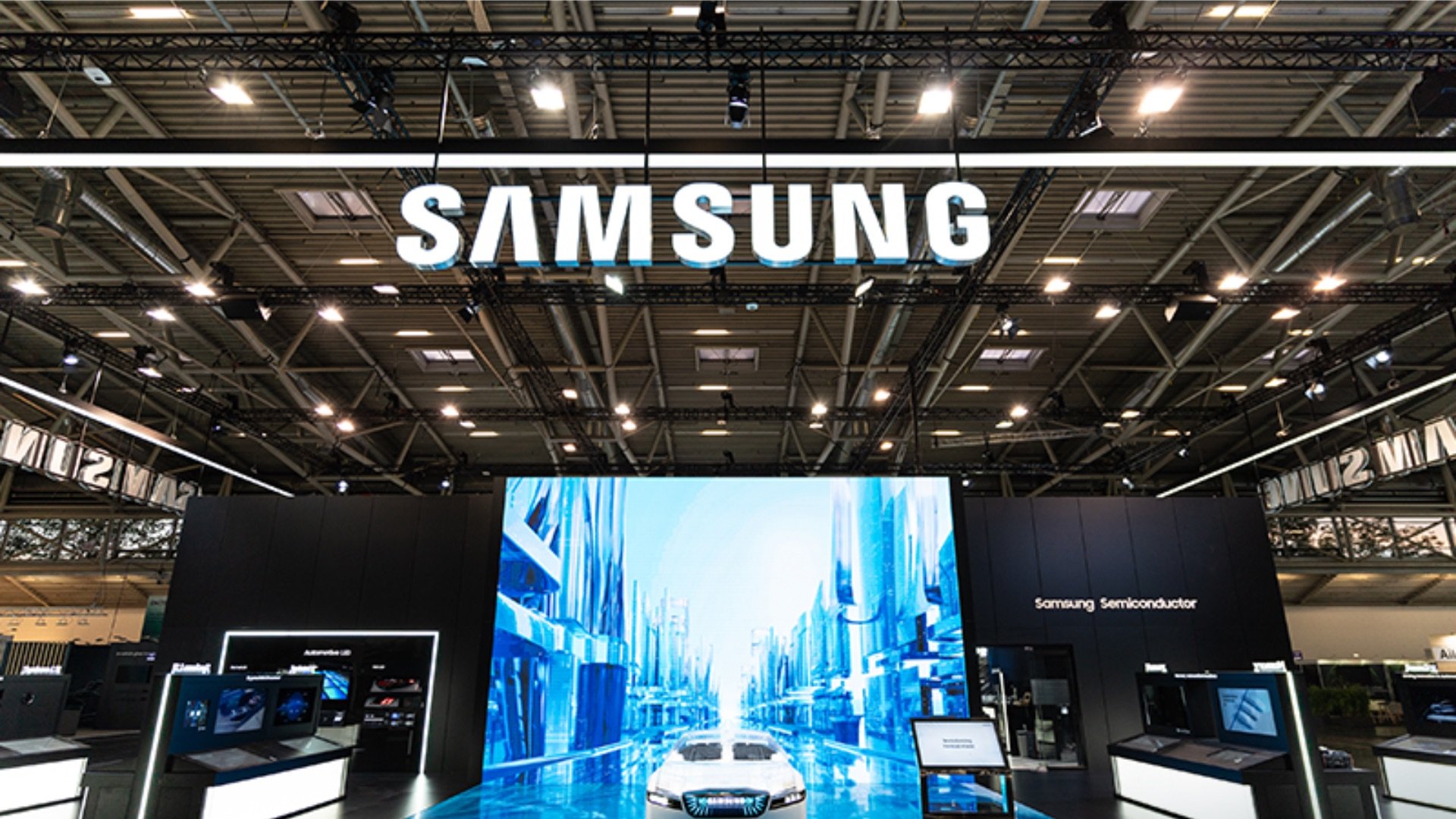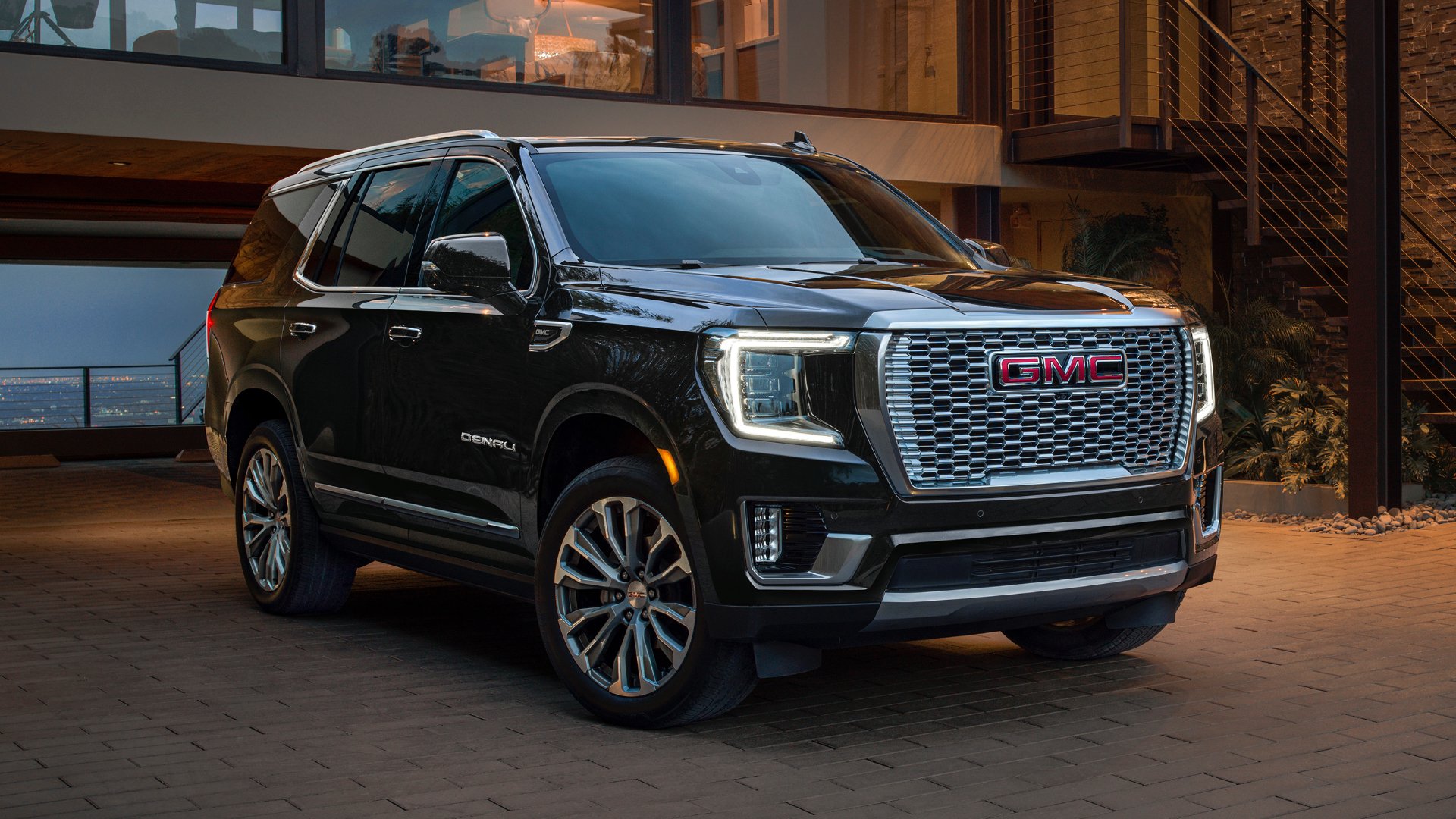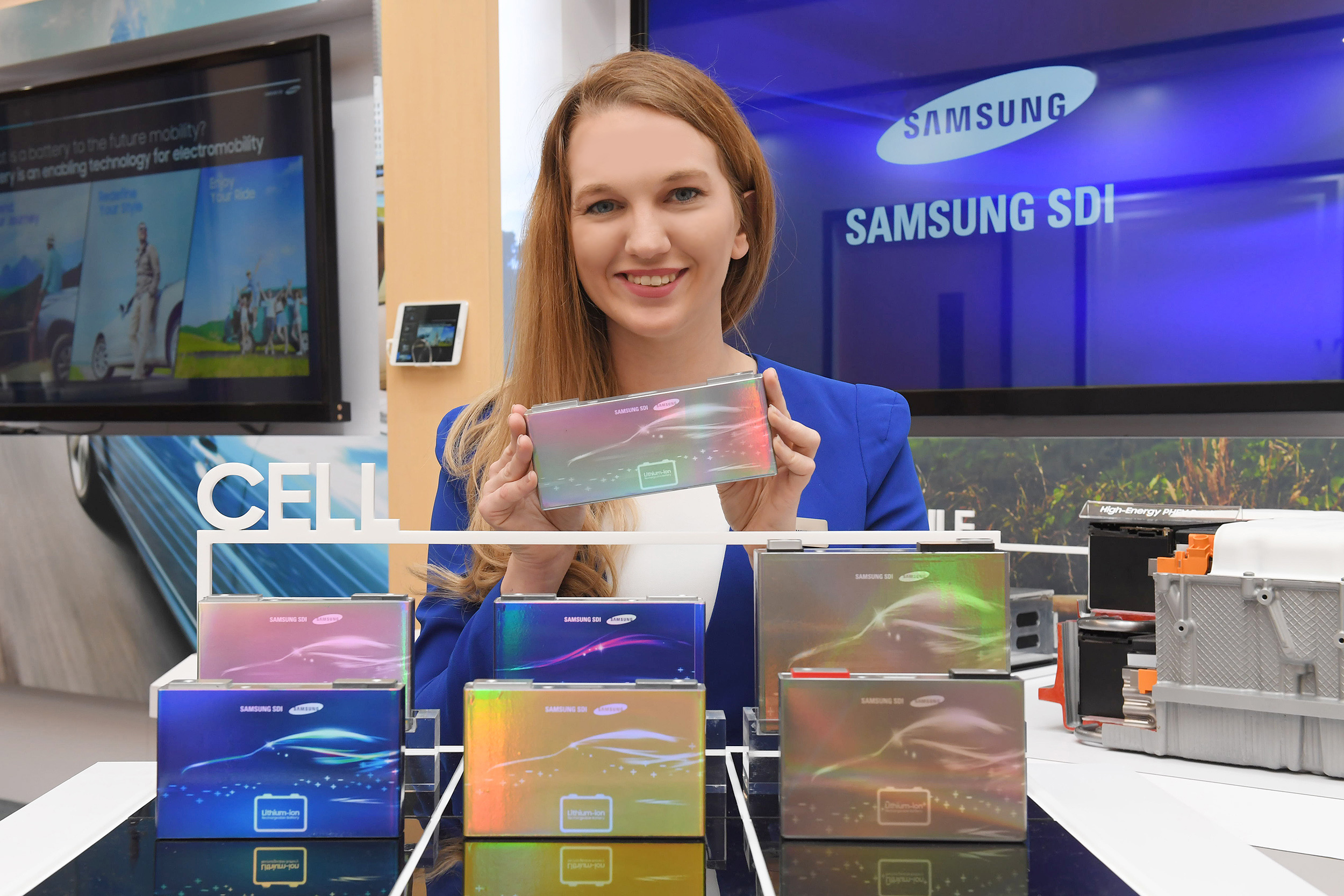
According to the company's previous reports, Samsung SDI invested $424 million in 2017, $508 million in 2018, and $601 million in 2019. This indicates that the company's investment for research and development rose 60% in just three years. Samsung SDI has already invested $347 in R&D this year, pointing towards a total investment to reach $678 million by the end of 2020.
The company wants to develop its electric vehicle battery business as the growth engine for the future. Most of its R&D investments have been used in the development of next-generation batteries for electric vehicles. It is preparing for the mass production of fifth-generation batteries that have 88 percent nickel content based on high-nickel cathode material. This battery offers longer range and lower cost compared to previous generation batteries.
Samsung SDI began drawing attention in the international industry in 2016 after it introduced a battery that offers up to 600km of range for electric cars. In 2017, it displayed a battery that provided a range of up to 500km after just 20 minutes of charging. Recently, the company has been busy developing solid-state batteries that are being considered as a game-changer. Samsung has been in talks with Hyundai to offer batteries for the automobile brand's future electric cars.
The battery making firm also invested in the construction of a smart battery factory in Cheonan where sensors and AI mechanisms are used for improved control on the manufacturing process. Since 2017, when Jun Young-Hyun was appointed as the president, the company has emphasized technology management and to offer the best quality and safety in the industry.
